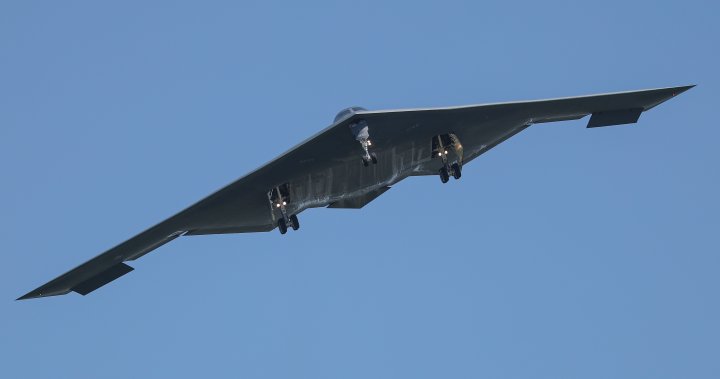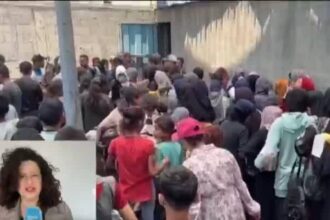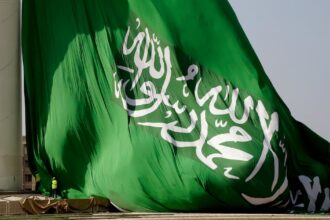The shadow of potential armed conflict between Iran and the United States looms large over this week’s NATO Summit in Washington, as world leaders gather under unprecedented security measures. The heightened tensions follow Iran’s missile attack on Israel earlier this year and subsequent threats of retaliation against Western targets, creating what security analysts describe as “the most volatile geopolitical climate since the Cold War.”
NATO Secretary-General Jens Stoltenberg addressed the situation directly in his opening remarks, emphasizing the alliance’s commitment to collective defense. “We stand at a critical juncture where our unity is not just desirable but essential,” Stoltenberg told assembled leaders. “Article 5 remains the bedrock of our alliance, and an attack against one will be considered an attack against all.”
The Iranian regime’s recent posturing has created significant anxiety among NATO members. Intelligence reports suggest Iran has been positioning military assets and mobilizing proxy forces across the Middle East, actions that U.S. President Joe Biden characterized as “dangerous provocations that threaten regional stability.”
Canadian Prime Minister Justin Trudeau, speaking to reporters at the summit, expressed Canada’s support for diplomatic solutions while acknowledging the gravity of the situation. “We continue to advocate for de-escalation through diplomatic channels,” Trudeau stated, “but we also recognize that NATO must present a united front against threats to international peace and security.”
Economic implications have already emerged from the escalating tensions. Global markets showed significant volatility this week, with oil prices surging nearly 8% on fears of supply disruptions. According to financial analysts at Goldman Sachs, sustained conflict could drive crude prices above $110 per barrel, potentially triggering inflationary pressures across Western economies.
The summit has also highlighted divisions within the alliance regarding how forcefully to respond to Iranian provocations. European leaders, including French President Emmanuel Macron and German Chancellor Olaf Scholz, have emphasized the need for restraint and continued diplomatic engagement, while representatives from Eastern European nations have called for more assertive deterrence measures.
“We cannot afford a repeat of past mistakes where hesitation was interpreted as weakness,” said Polish President Andrzej Duda, referencing historical parallels to the alliance’s response to Russian aggression in Ukraine.
Military analysts note that Iran’s strategic capabilities have evolved significantly in recent years. “Their ballistic missile program, drone technology, and cyber warfare capabilities present complex challenges that require sophisticated countermeasures,” explained Dr. Elisa Montgomery, senior fellow at the Atlantic Council. “This isn’t the same adversary we faced a decade ago.”
The NATO Summit’s focus on Iran comes at a critical moment for the alliance, which is simultaneously managing Russia’s ongoing war in Ukraine and China’s growing influence in global affairs. This convergence of challenges has prompted calls for increased defense spending among member nations, a longstanding point of contention within the alliance.
For ordinary citizens across NATO countries, the prospect of another Middle East conflict has stirred memories of previous prolonged military engagements and their human and financial costs. Public opinion polls show mixed support for military action, with majorities in most member states preferring diplomatic solutions.
As world leaders continue closed-door sessions at the summit, the fundamental question remains: can NATO’s diplomatic pressure and military deterrence prevent further escalation, or are we witnessing the prelude to a new armed conflict that could reshape global politics for years to come?


















